Discover the fascinating world of lizards in Kruger and Marloth Park. Learn about these tiny dragons of the bushveld at Needles Lodge.
Embracing the Winter Wonders of Kruger National Park: A Safari Adventure Unveiled
A winter safari in Kruger National Park provides unparalleled wildlife viewing opportunities and comfortable conditions, thanks to scarce water drawing animals to predictable spots, a mild climate, and fewer tourists. The season's unique charm, from May to September, promises a memorable experience with the natural world. This adventure is ideal for those seeking intimate encounters with Africa's diverse wildlife in a serene, picturesque setting.
Embarking on a safari in the Kruger National Park during the winter months is akin to stepping into a vividly painted landscape, where the vibrant tapestry of African wildlife comes alive against the stark, dramatic backdrop of the dry season. For the discerning traveler, this period offers a unique blend of adventure, serenity, and unparalleled wildlife viewing opportunities, making it a must-explore avenue for those yearning to connect deeply with nature's untamed beauty.
The Winter Wonderland of Kruger
Imagine the Kruger National Park, a vast expanse covering nearly 2 million hectares, morphing into a winter spectacle as temperatures dip from May to September. This time of the year is characterised by mild days with clear blue skies, while nights can be brisk, offering a refreshing contrast to daytime explorations. The winter landscape is markedly different; the lush greenery gives way to golden hues, and water sources become the epicenters of wildlife activity.
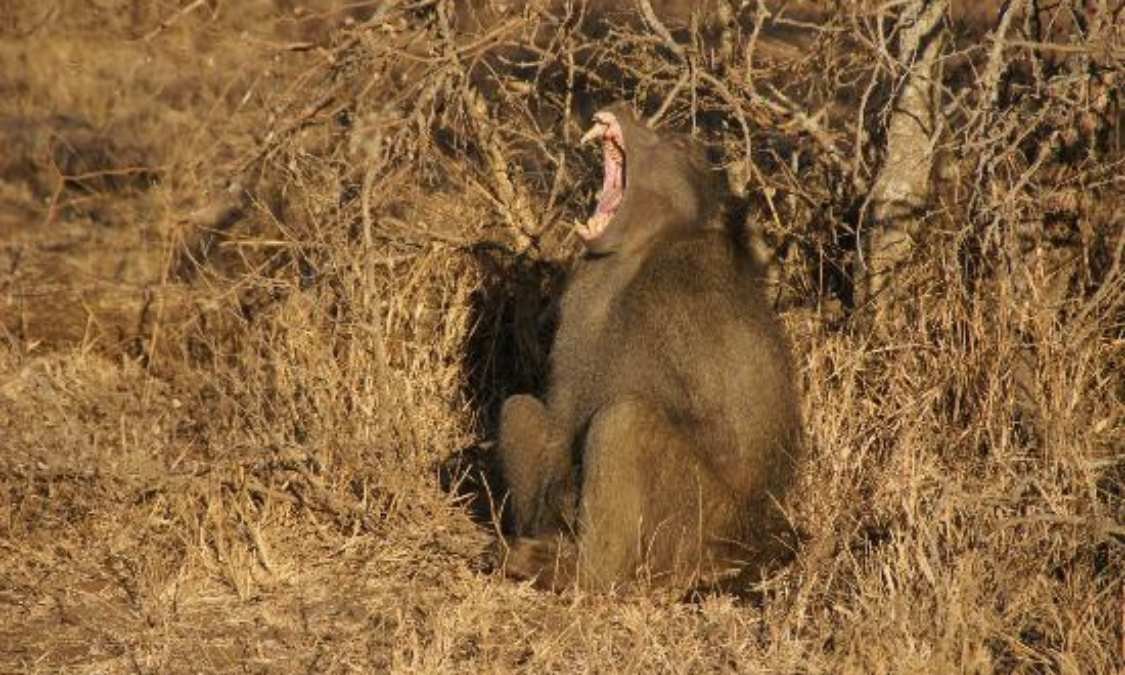
Why Winter?
1. Unrivalled Wildlife Viewing
Winter brings about a thinning of the vegetation and a scarcity of water, compelling animals to congregate around permanent waterholes and rivers. This natural gathering provides safari-goers with almost guaranteed sightings of a wide array of wildlife, from majestic elephants and towering giraffes to the elusive big cats. The reduced foliage also means animals are less obscured, making it an ideal time for photographers and wildlife enthusiasts to capture those breathtaking moments.
2. Mild Climate
The winter climate in Kruger is exceptionally traveler-friendly. Days are comfortably warm, perfect for game drives, while the cooler mornings and evenings add a crisp freshness to the experience. This pleasant weather eliminates the discomfort of the scorching summer heat, allowing for longer periods of exploration and enjoyment of the park's natural beauty.
3. Fewer Mosquitoes, Fewer Crowds
One of the lesser-spoken benefits of a winter safari is the significant reduction in mosquitoes, thanks to the cooler temperatures. This decrease not only enhances comfort but also minimises the risk of malaria. Additionally, the winter months traditionally see fewer visitors, meaning more serene and intimate wildlife encounters and less competition for the perfect viewing spot or photo opportunity.
When to Visit
The winter months, spanning from May to September, are when the magic unfolds. Each month offers its unique charm, with June to August often being the peak of the winter experience. During this period, the early mornings are adorned with a gentle mist, and the golden sunrise illuminates the landscape, setting the stage for the day's adventures.
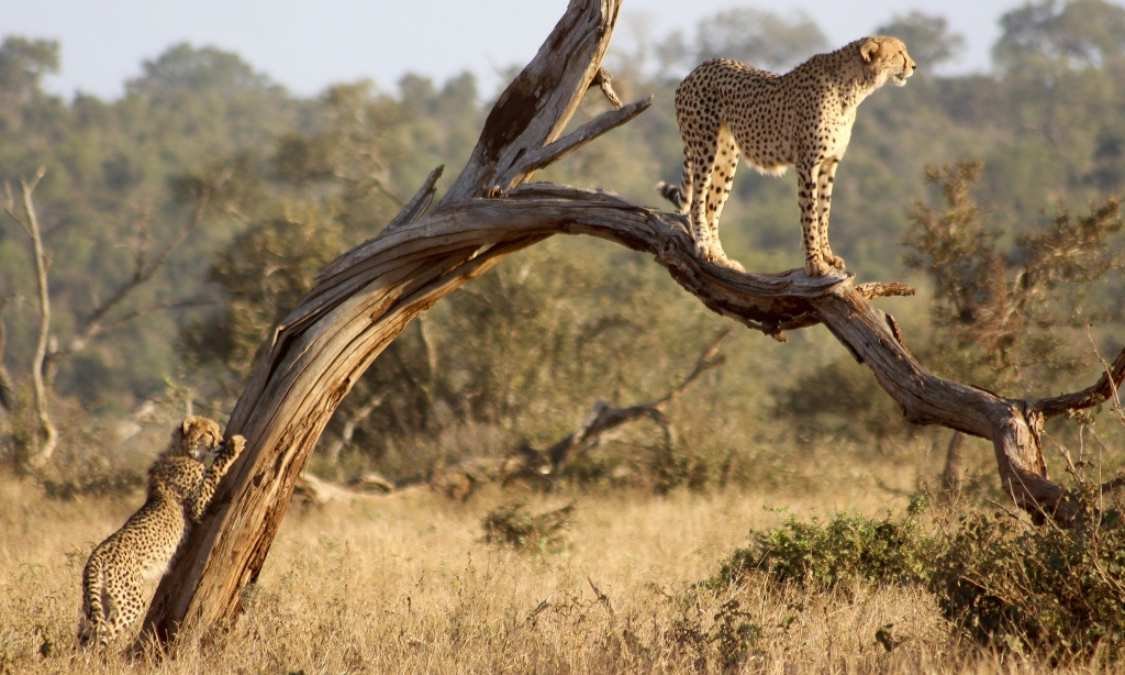
What Happens in the Park
The Kruger National Park is alive with activity during the winter. Predators are more active in cooler temperatures, increasing the likelihood of witnessing a hunt in action. Birdlife is also abundant, with the dry season attracting migratory species and making it a birdwatcher's paradise. Winter also marks the breeding season for some of the park's inhabitants, presenting a rare chance to observe the nurturing behaviours of animals in their natural habitat.
Packing Essentials
Packing for a winter safari requires thoughtful preparation. Mornings and evenings can be chilly, necessitating warm clothing, such as jackets, scarves, and beanies. Layering is key, as temperatures can rise significantly during the day. Binoculars, cameras, and extra memory cards are must-haves for capturing the splendour of the Kruger. Sun protection, including sunscreen, hats, and sunglasses, remains essential, as the winter sun can be deceptively strong.
To find out more about what to pack read our article "Essential Packing Guide for Your South Africa Safari," which thoroughly details all you'll need for comfort and pleasure on your journey. This guide equips you perfectly for the distinct climate of a winter safari, ensuring you're prepared for everything from the chilly mornings to the sunlit afternoons.
Additionally, our comprehensive guide, "Kruger National Park: A Guide to Seasons and Safari," provides an expansive overview of the annual cycles within this grand natural realm. It illuminates the behavioural patterns and activities of the wildlife during this season.
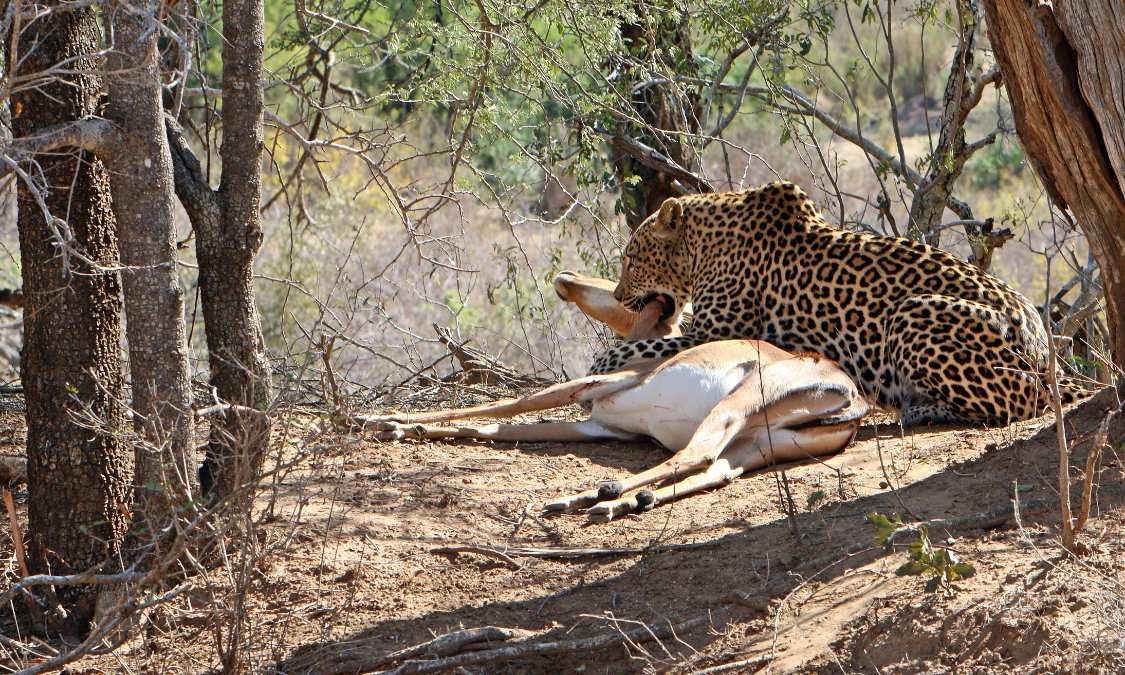
A winter safari in the Kruger National Park is an extraordinary journey into the heart of Africa's wilderness. It's a time when the natural world reveals its stark beauty, wildlife congregates in a spectacle of survival and grace, and visitors are afforded the luxury of witnessing these scenes in the most favourable conditions. For the avid traveller, the winter months in Kruger offer an experience that is not just seen but felt, leaving an indelible mark on the soul and a yearning to return to the wild.
Embarking on this adventure, armed with knowledge from trusted guides like those on Needles Lodge's blog, ensures that every moment is savoured, every sight is cherished, and every memory is a treasure to hold onto, making the journey to Kruger National Park an unforgettable voyage into the heart of Africa's untamed beauty.
Further Reading
Planning a Kruger National Park safari? Explore the pros and cons of self-drive vs. guided game drives, and discover which safari experience is best for you!
Discover the fascinating world of lions in Kruger National Park. Learn about their pride dynamics, hunting strategies, and conservation efforts. Plan your safari with Needles Lodge today!

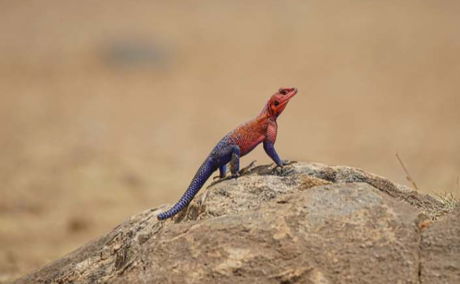
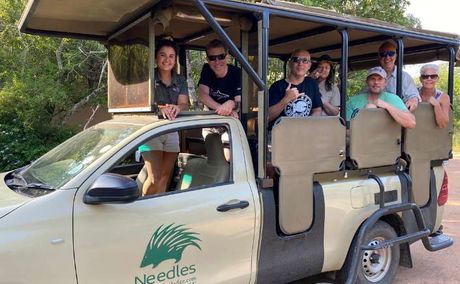
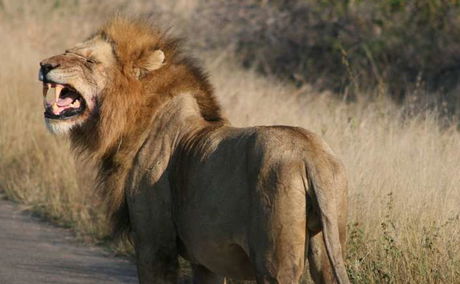
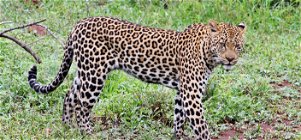
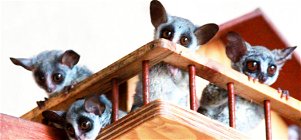
Share This Post